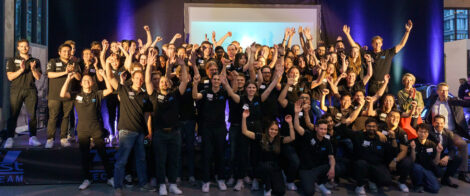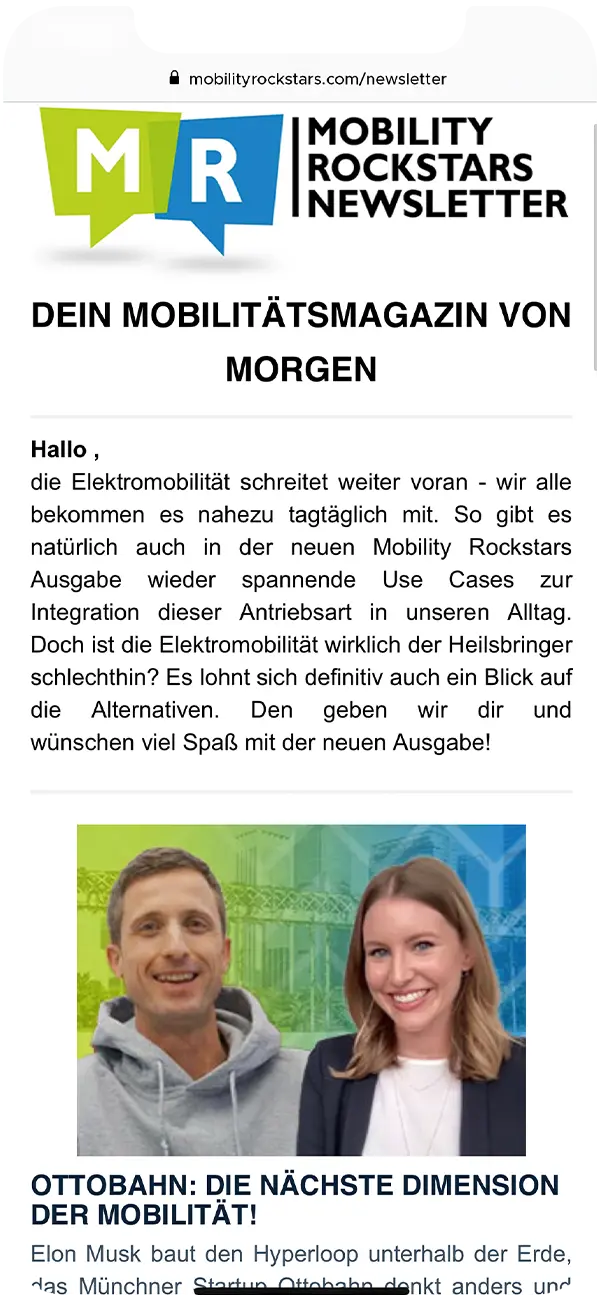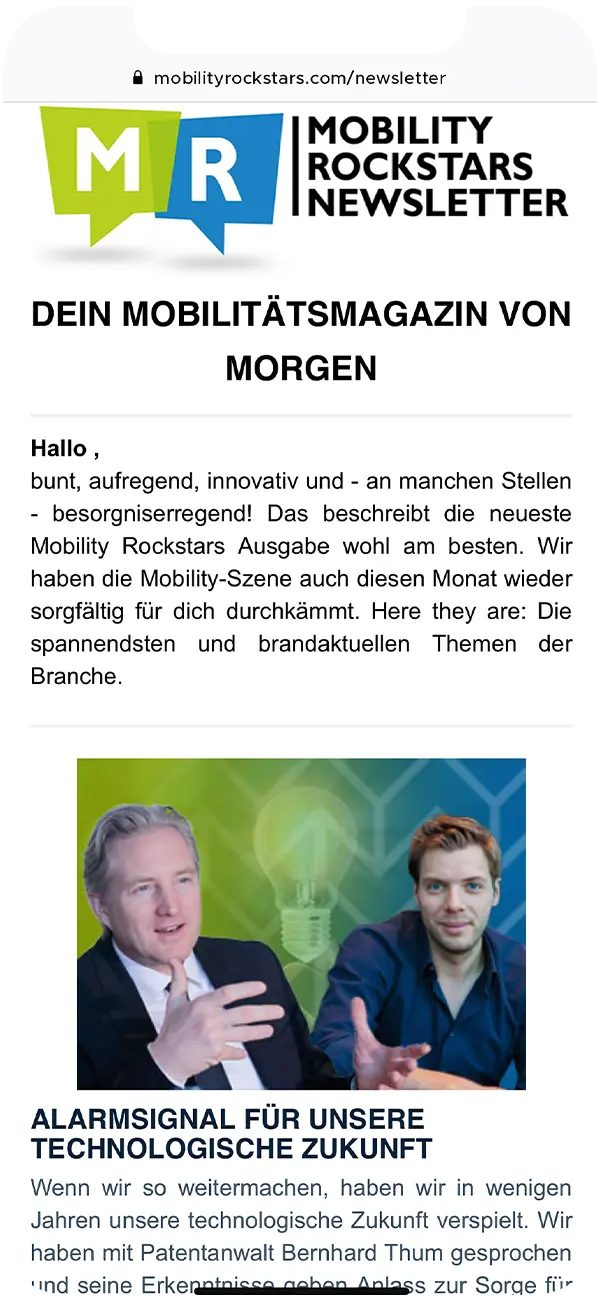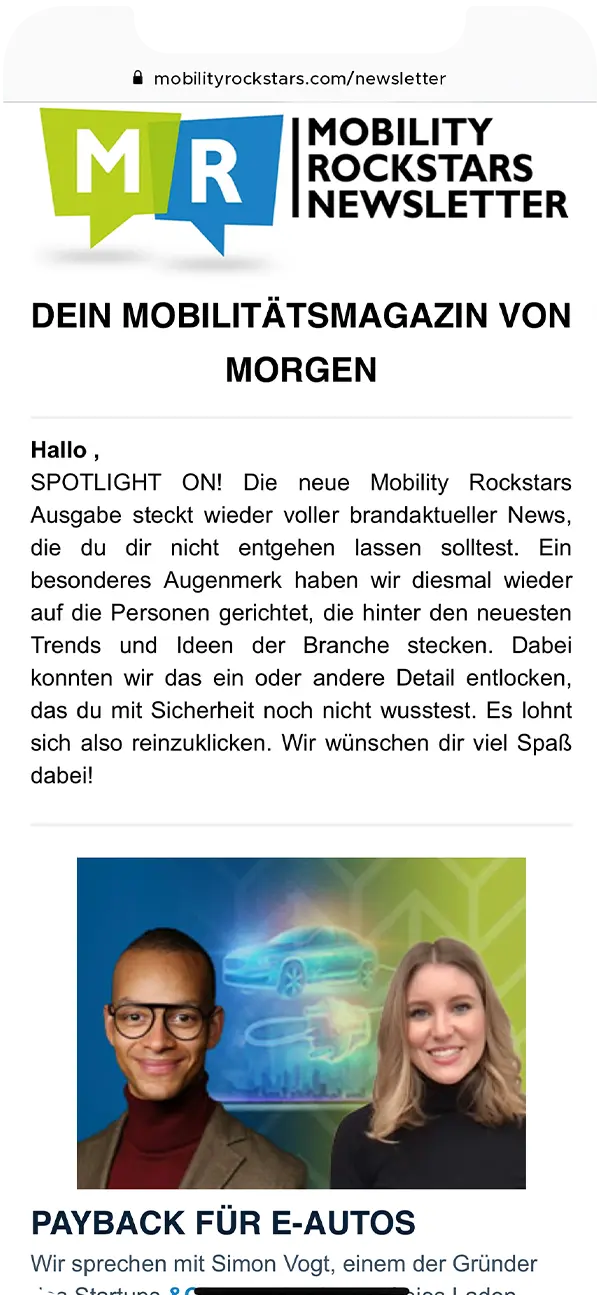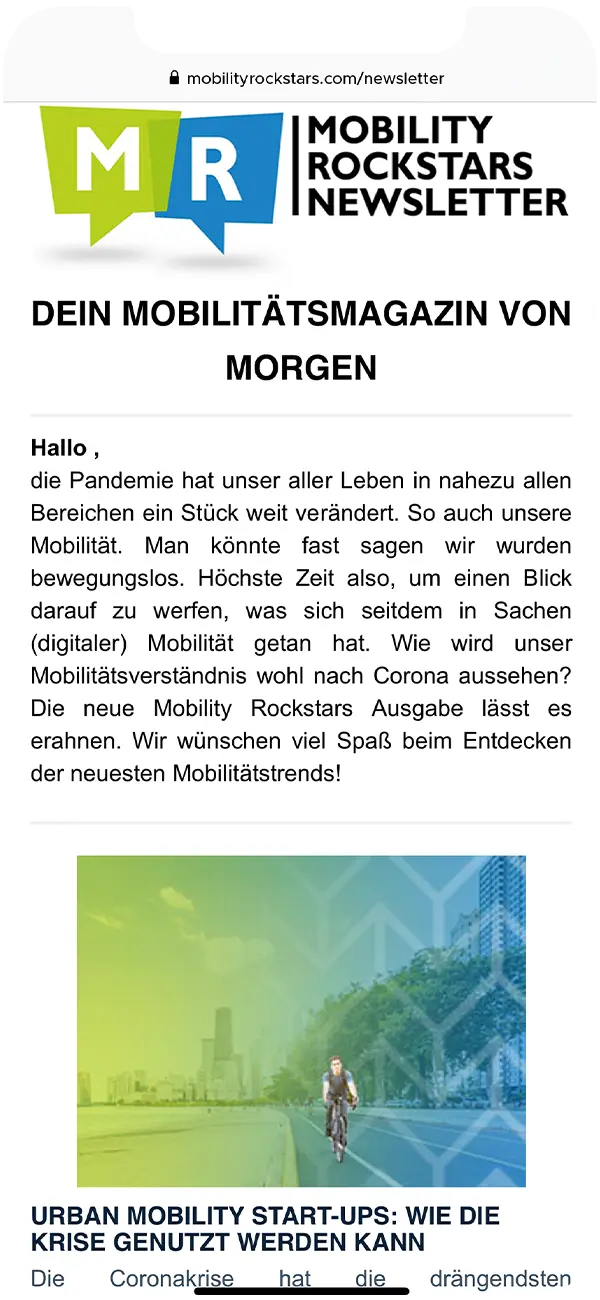No signs of fatigue – material development by A.I. with ExoMatter
"The next generation of material development": Strong claim from the Munich tech start-up "ExoMatter". The company is committed to nothing less than developing a tool that can be used by all industries in the development of materials. Almost exactly a year ago, we spoke to co-founder Barbara Prähofer about this and gained some interesting insights - you can find the friendly and, above all, competent interview here. Today we are talking about the past year and the extremely exciting - pun intended - developments at ExoMatter, about the ExoMatter platform and what needs to be considered when developing materials using artificial intelligence.

Marc
Marketing Professional
11.12.23
Ca. 10 min
Material development in the automotive sector: the challenges
Today’s modern vehicles have to meet many requirements. This applies not only to the much-cited connected car, autonomous driving or long ranges for electric vehicles. The basic substance of the vehicle, its material, is not only a reason for consideration, but an entire field of research. Lightweight materials are an advantage, but they still have to meet the latest safety standards. Advanced materials such as carbon fiber or other advanced alloys offer many advantages in this regard – but can be so expensive to produce that they can affect the marketability of the final vehicle. Environmental protection also plays a role: materials must be sustainable, i.e. durable, energy-efficient in production and use recyclable components wherever possible. These materials must remain compatible with existing technologies, but must be able to be measured against the progress of the respective industry – also and above all with regard to the manufacturing processes and the various regulations to which vehicles are subject.
At the threshold from “…we use it this way because we’ve always done it this way” to “how do I optimize my components so that it’s not significantly more expensive, but still more efficient?” we find ExoMatter, a start-up from Munich that has set itself the goal of supporting companies in this process of finding materials since mid-2022.
To achieve this, the young tech start-up relies on complex algorithms that work “out-of-the-box” and find new ways that have been little explored to date, based on the easy-to-use ExoMatter platform . The young founders have already been able to convince well-known companies such as Audi, Airbus and Infineon.
How ExoMatter finds new materials for the automotive industry
In conversation with the Mobility Rockstars, Barbara explained the basic procedure for finding new materials.
- Data Mining
The list of known material components contains over a million different materials in the inorganic sector alone. Not all of these are easily accessible at all times, but a large amount of raw data on the market allows for extensive data collection. This often involves expert data, which is sometimes difficult or impossible to evaluate in its current form. Nevertheless, existing data can be enriched with it in order to create a comprehensive collection of data and train an A.I. with it.
- Artificial intelligence
Material development using artificial intelligence is ExoMatter’s keyword: it can help to find gaps in data sets on material compositions. For example, is the material lighter than another alloy? Is it fireproof or water-soluble? Without concrete data on these points, in a series of millions of conceivable data combinations, machine learning can be the key to checking all the properties of a potential new composition.
- ExoMatter platform
The self-developed ExoMatter platform uses material data from a variety of sources to train the machine learning part of the system and make predictions about where the corresponding material development could go. Physical and chemical properties of the materials are predicted in this process, and even users with no prior knowledge of chemistry can approach material development on the basis of economic and technical requirements.
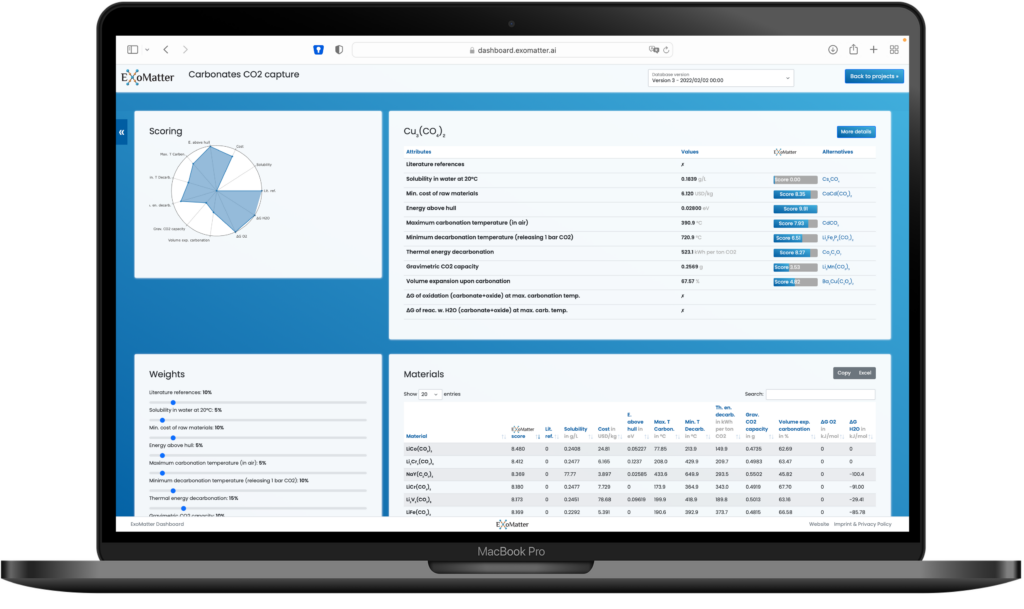
Using this procedure, it is possible to find new compositions as well as to match likely components (and gradually increase the chance of a match). Special advantage: ExoMatter already provides the most promising candidates for possible matches. This means that no materials are overlooked and, as mentioned, prior knowledge of at least physics or chemistry is not required (although it is certainly still helpful).
ExoMatter – What material is the beating heart of material development made of?
Thanks to supply difficulties, material bottlenecks and a dynamic global political situation, the stars seem to be aligned for a company that uses modern tools to offer solutions for adapting materials or, in the best-case scenario, even developing new materials itself. Anyone who can no longer work with lithium or cobalt because it is simply not available at home will be grateful to find new compositions that reduce or even eliminate the use of components that are difficult to procure. Thanks to the composition of the founding team, some of whom are also involved in materials science, the thematic expertise for developing these solutions is undoubtedly available, and the successes in terms of technological partnerships also speak for ExoMatter.
Thanks to the possibility of often working with already structured data in the development area – at best already labeled – material simulations can be predicted well, and the future still looks quite bright: Quantum computers, for example, have the potential to outperform traditional machine learning and delve even deeper into simulations without consuming significantly more energy. The ExoMatter platform is the interface for the user that standardizes material development, basically a kind of “Google of materials”. It should be added that the platform not only finds new data, but also provides a data management system to manage it. Of course, there is no getting around going to the lab for extensive testing, but the vision is that digital testing will also be optimized in the future with ExoMatter. An API interface to the laboratory devices could be set up so that the data can be viewed and tested directly on the company’s own platform. The savings potential is enormous.
But even today, simplified processes are available: Scientific staff can open the platform, see practically all existing external and internal data and can now choose the best material composition. And since scientific knowledge is ideal, but not a prerequisite, buyers, for example, can also check where which materials are available and at what price they can be purchased. The next generation of material development therefore seems to be more than just a PR promise.
What’s Up Next, ExoMatter?
We have already captured the vision of the founders: To become the widely used platform for materials development, the “Google of materials”. A high bar – but the company also sees itself as active in the area of sustainability. The topic of the “circular economy” in particular, i.e. working with recycled materials, for example, can be optimized by finding materials using A.I. Finally, the carbon footprint can now be specified and actually determined much more easily, and compositions can be found that contain recycled materials.
Especially in times when the ecological pressure on automotive companies is growing, ExoMatter offers approaches to optimize the ecological balance with relatively low use of resources – a declared goal of the founding team, and not just in relation to the automotive industry.
The integration of the platform into manufacturers’ existing systems is another item on the material agenda that is currently under development in order to minimize the effort involved in a possible integration – a sensible step, given that extensive legacy systems are often in operational use in the automotive sector in particular.
The Mobility Rockstars wish the company continued success on this very interesting and innovative path, including the move to the new office in the Munich Technology Center MTZ, where developers and working students interested in the topic are welcome to contact us at any time.
And who knows, maybe we’ll come back to ExoMatter in a year’s time to see what happened.
